Home>Furniture & Design>Bathroom Fixtures>What Adhesive To Use On A Shower Tile
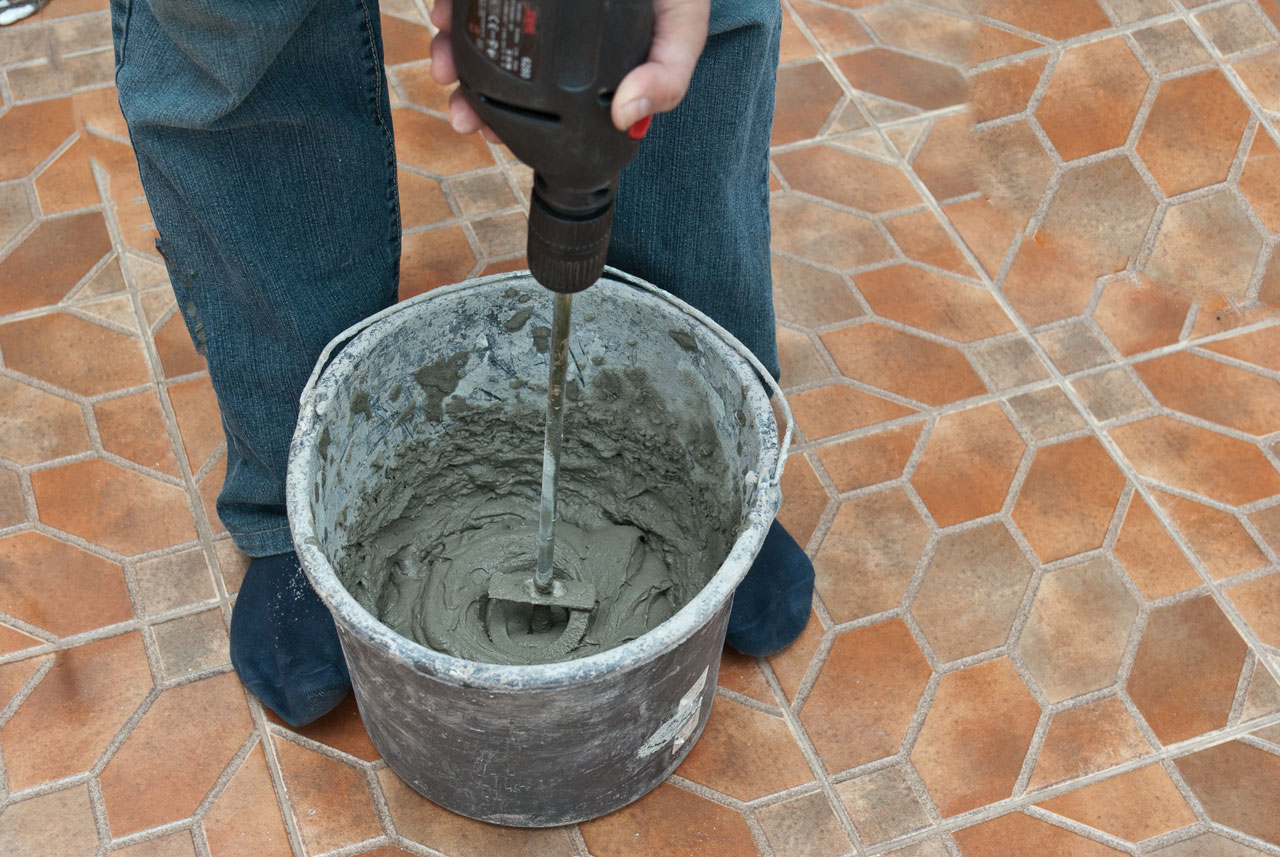

Bathroom Fixtures
What Adhesive To Use On A Shower Tile
Modified: January 24, 2024
Find the best adhesive for your shower tile and bathroom fixtures. Discover expert tips for a successful tile installation.
(Many of the links in this article redirect to a specific reviewed product. Your purchase of these products through affiliate links helps to generate commission for Storables.com, at no extra cost. Learn more)
Introduction
When it comes to revamping your bathroom, choosing the right adhesive for your shower tiles is crucial. The adhesive not only secures the tiles in place but also plays a significant role in the longevity and durability of your shower walls and floors. With a myriad of adhesive options available, selecting the most suitable one can be a daunting task. Fear not, as we delve into the world of shower tile adhesives, exploring the various types and factors to consider, and providing recommendations for different tile materials. By the end of this guide, you will be equipped with the knowledge to make an informed decision and ensure a successful and long-lasting shower tile installation. So, let's embark on this adhesive adventure and unravel the secrets to a sturdy and stunning shower space!
Key Takeaways:
- Choose the right adhesive for your shower tiles based on the type of tile material to ensure a strong and long-lasting bond that can withstand moisture and daily use.
- Consider factors like water resistance, application method, and setting time when selecting an adhesive for your shower tiles to achieve a successful and enduring installation.
Types of Adhesives
When it comes to shower tile installation, selecting the right adhesive is paramount to ensure the tiles stay put and withstand the test of time. Here are the primary types of adhesives commonly used for shower tiles:
- Cement-based Adhesive: This type of adhesive, also known as thinset, is a popular choice for shower tile installation. It consists of cement, sand, and a water-retaining agent. Cement-based adhesives offer excellent bonding strength and are suitable for a wide range of tile materials, making them a versatile option for shower projects.
- Epoxy Adhesive: Epoxy adhesives are known for their exceptional strength and chemical resistance. They are ideal for bonding non-porous tiles such as glass and porcelain in wet environments like showers. Epoxy adhesives provide a waterproof bond, making them a reliable choice for shower tile installations.
- Acrylic Adhesive: Acrylic adhesives are water-based and offer good flexibility and adhesion. They are suitable for bonding ceramic and porcelain tiles in shower areas. Acrylic adhesives are easy to work with and provide a strong bond while allowing for slight movement of the tiles.
- Silicone Adhesive: Silicone adhesives are commonly used for bonding natural stone tiles in showers. They offer excellent adhesion and flexibility, accommodating the natural movement of stone tiles. Silicone adhesives also provide water resistance, making them a practical choice for shower tile installations.
Each type of adhesive has its unique characteristics and is best suited for specific tile materials and installation scenarios. Understanding the differences between these adhesives is essential for making an informed decision when embarking on a shower tile project.
Factors to Consider
Choosing the right adhesive for your shower tiles involves considering several factors to ensure a successful and long-lasting installation. Here are the key factors to keep in mind:
- Tile Material: The type of tile you are installing plays a crucial role in determining the suitable adhesive. Different adhesives are designed for specific tile materials such as ceramic, porcelain, natural stone, or glass. Understanding the compatibility between the adhesive and the tile material is essential for achieving a strong and durable bond.
- Water Resistance: Given the moist environment of showers, it is imperative to select an adhesive that offers excellent water resistance. Waterproof adhesives prevent moisture from seeping through the tile installation, safeguarding the integrity of the shower walls and floors over time.
- Application Method: Consider the application method required for the adhesive. Some adhesives are applied directly to the substrate using a trowel, while others come in pre-mixed paste or sheet form. Understanding the application process ensures that the adhesive is applied correctly, promoting a secure bond between the tiles and the substrate.
- Setting Time: The setting time of the adhesive, referring to the time it takes to cure and achieve full strength, is an important consideration. For shower tile installations, opting for adhesives with a reasonable setting time allows for efficient progress while ensuring that the tiles are firmly bonded in place.
- Grout Compatibility: Compatibility between the adhesive and the grout used for filling the tile joints is essential. Some adhesives may not bond well with certain types of grout, potentially leading to issues with the overall integrity of the tile installation. Ensuring compatibility between the adhesive and grout is vital for a cohesive and resilient shower tile assembly.
By carefully considering these factors, you can make an informed decision when selecting the adhesive for your shower tile project, ultimately contributing to a successful and enduring installation.
When choosing an adhesive for shower tiles, opt for a waterproof, mold-resistant, and high-quality thinset mortar. This will ensure a strong and durable bond in wet environments.
Recommended Adhesives for Shower Tiles
Choosing the right adhesive for specific tile materials is crucial to ensure a secure and long-lasting shower tile installation. Here are the recommended adhesives for different types of shower tiles:
- Porcelain Tiles: Porcelain tiles are a popular choice for shower walls and floors due to their durability and water resistance. When installing porcelain tiles in showers, it is advisable to use epoxy adhesives. Epoxy adhesives provide exceptional bonding strength and waterproof properties, making them ideal for securing non-porous porcelain tiles in wet environments.
- Ceramic Tiles: Ceramic tiles are versatile and commonly used in shower installations. For bonding ceramic tiles in showers, cement-based adhesives are a recommended choice. Cement-based adhesives offer strong adhesion and versatility, making them suitable for bonding ceramic tiles to shower substrates.
- Natural Stone Tiles: Natural stone tiles, such as marble, travertine, and slate, add a luxurious and timeless appeal to shower spaces. When working with natural stone tiles in showers, silicone adhesives are the preferred option. Silicone adhesives offer excellent adhesion and flexibility, accommodating the natural movement of stone tiles while providing water resistance for a durable and reliable bond.
By selecting the appropriate adhesive for each type of tile, you can ensure that your shower tile installation not only looks stunning but also withstands the rigors of daily use in a wet environment. It’s essential to match the adhesive properties with the unique characteristics of the tile material to achieve a successful and enduring shower tile assembly.
Conclusion
Embarking on a shower tile installation journey requires careful consideration of various adhesive options to ensure a robust and enduring outcome. By understanding the types of adhesives available, considering essential factors, and selecting the recommended adhesives for specific tile materials, you can elevate your shower space with confidence and reliability.
Whether you are working with porcelain, ceramic, or natural stone tiles, the right adhesive plays a pivotal role in securing the tiles and maintaining the integrity of the installation in the face of moisture and daily use. From the exceptional bonding strength of epoxy adhesives to the versatility of cement-based adhesives and the flexibility of silicone adhesives, each type of adhesive offers distinct advantages tailored to different shower tile applications.
As you venture into the realm of shower tile adhesives, remember to consider factors such as water resistance, application method, setting time, and grout compatibility to make informed decisions that contribute to the success of your project. By aligning the adhesive properties with the unique characteristics of the tile materials, you can achieve a shower tile installation that not only meets your aesthetic aspirations but also stands the test of time in the face of moisture and daily usage.
Armed with the knowledge of adhesives and their suitability for various shower tile applications, you are well-equipped to embark on your shower renovation or installation project with confidence and precision. Let the adhesive be the invisible hero that holds your shower tiles in place, ensuring a beautiful, functional, and enduring shower space for years to come.
Frequently Asked Questions about What Adhesive To Use On A Shower Tile
Was this page helpful?
At Storables.com, we guarantee accurate and reliable information. Our content, validated by Expert Board Contributors, is crafted following stringent Editorial Policies. We're committed to providing you with well-researched, expert-backed insights for all your informational needs.
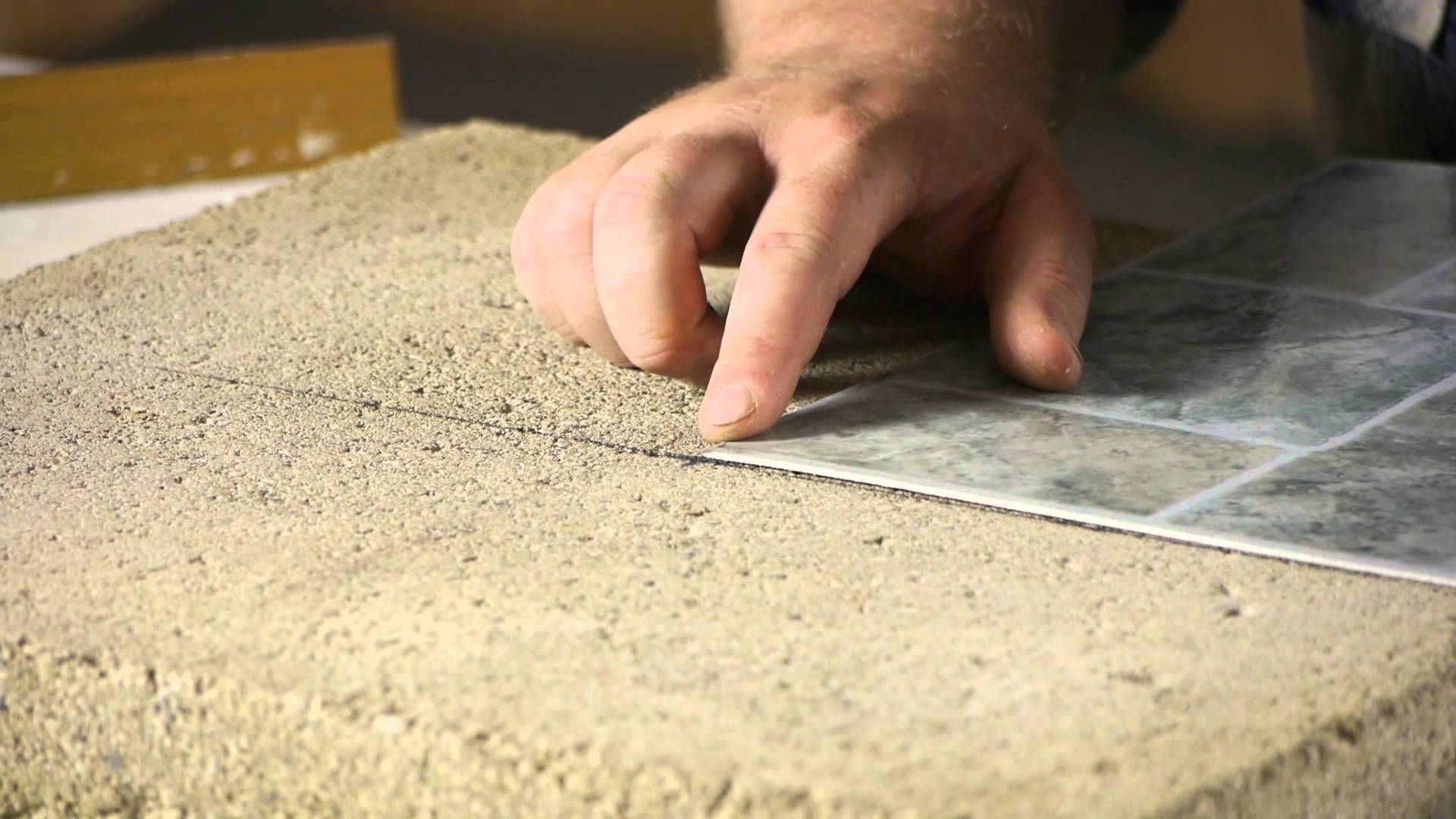
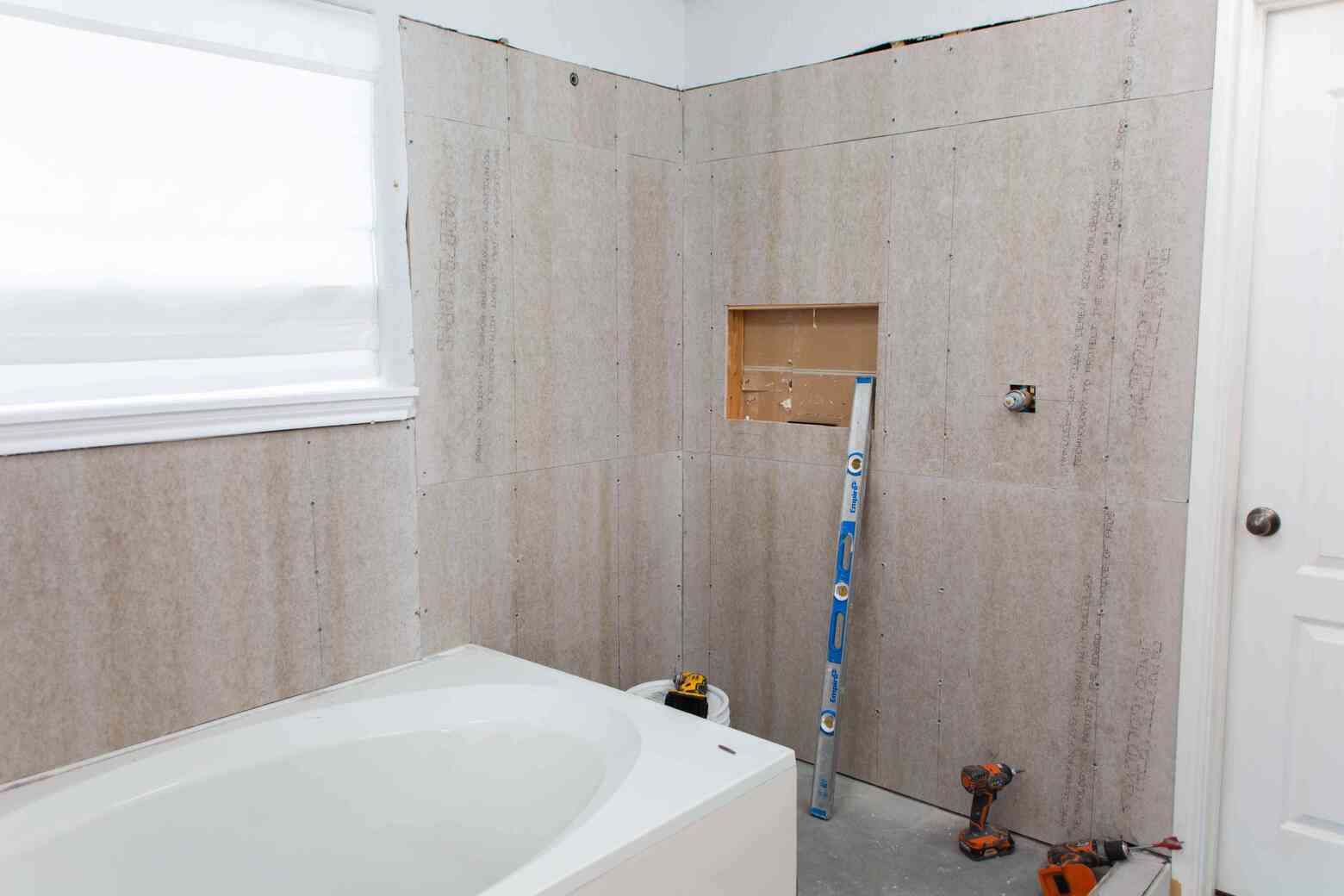
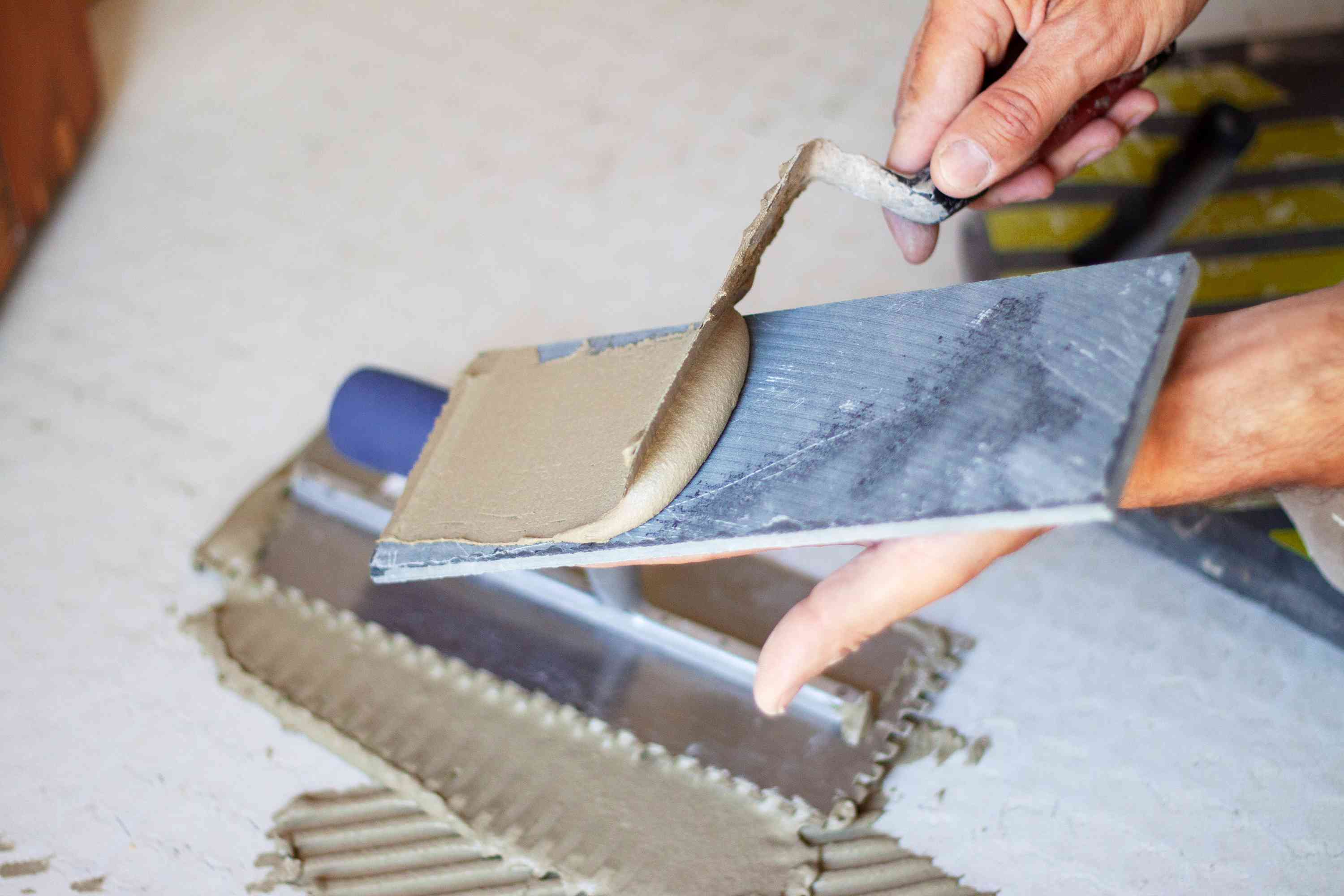
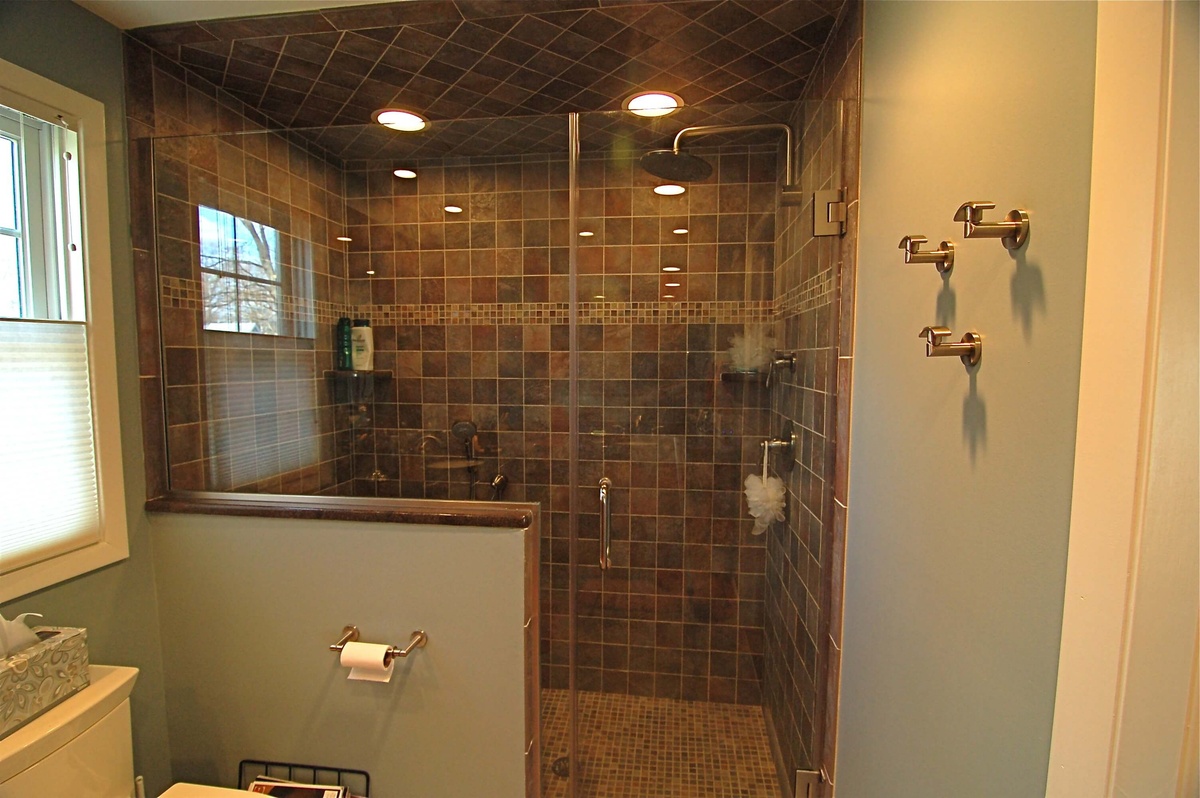
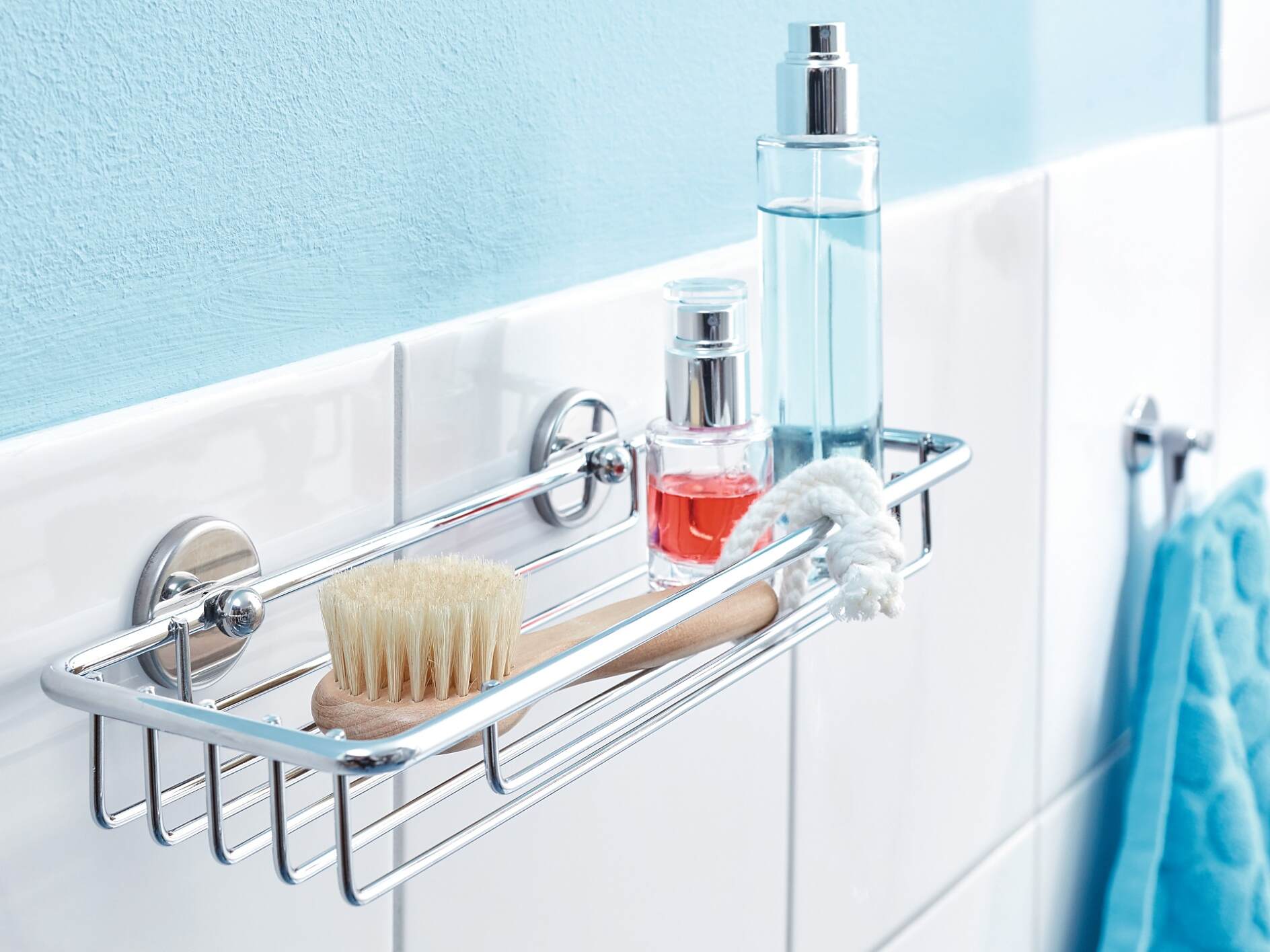
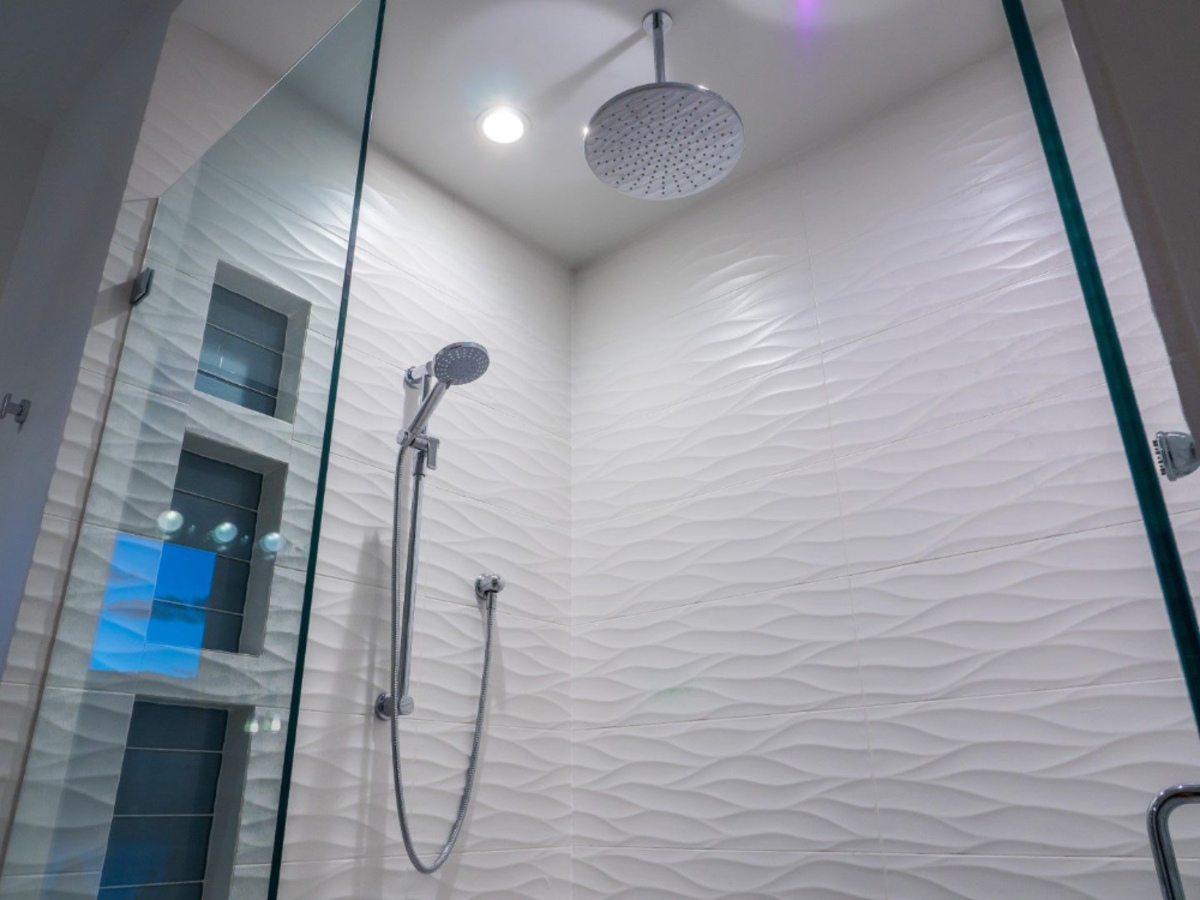
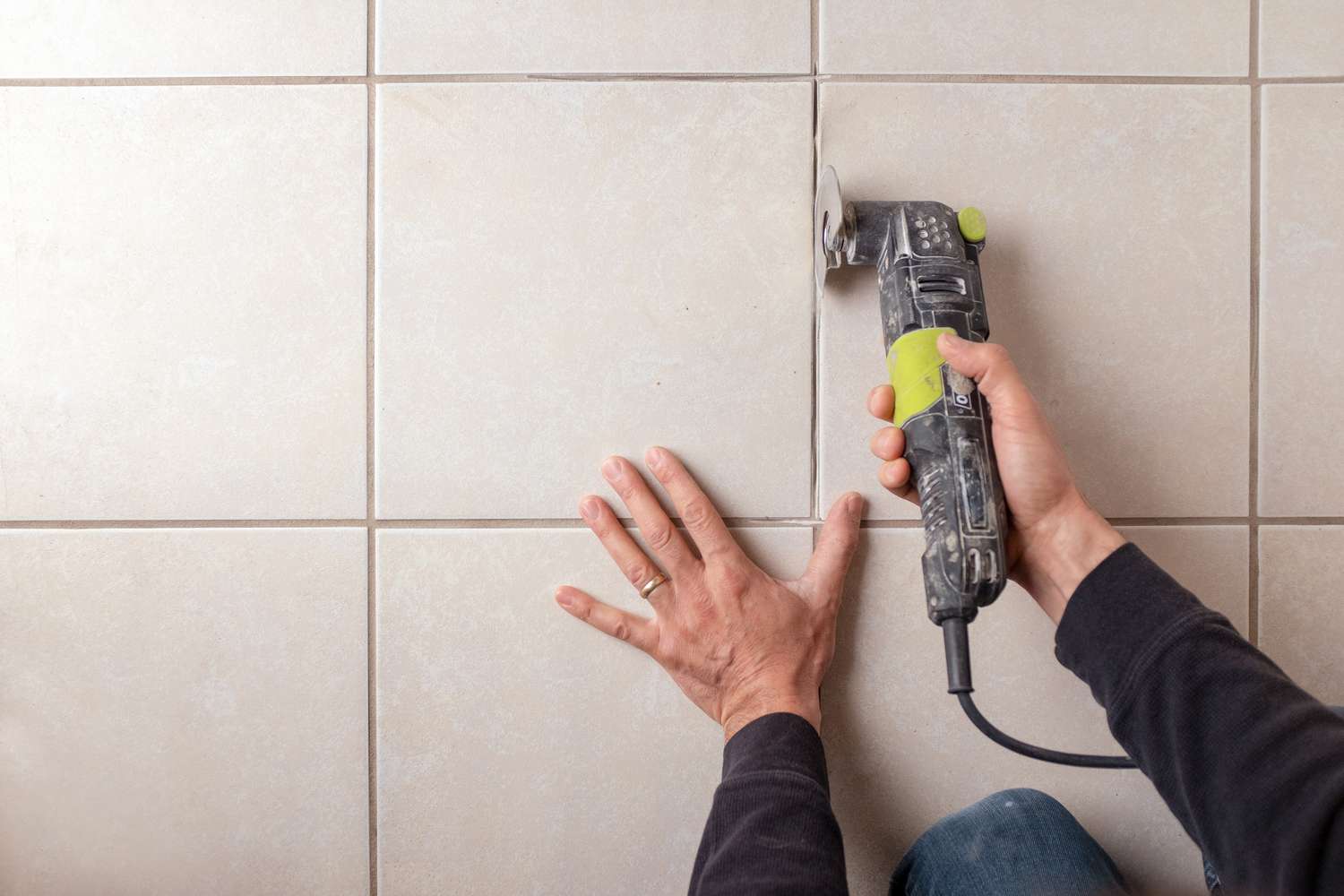
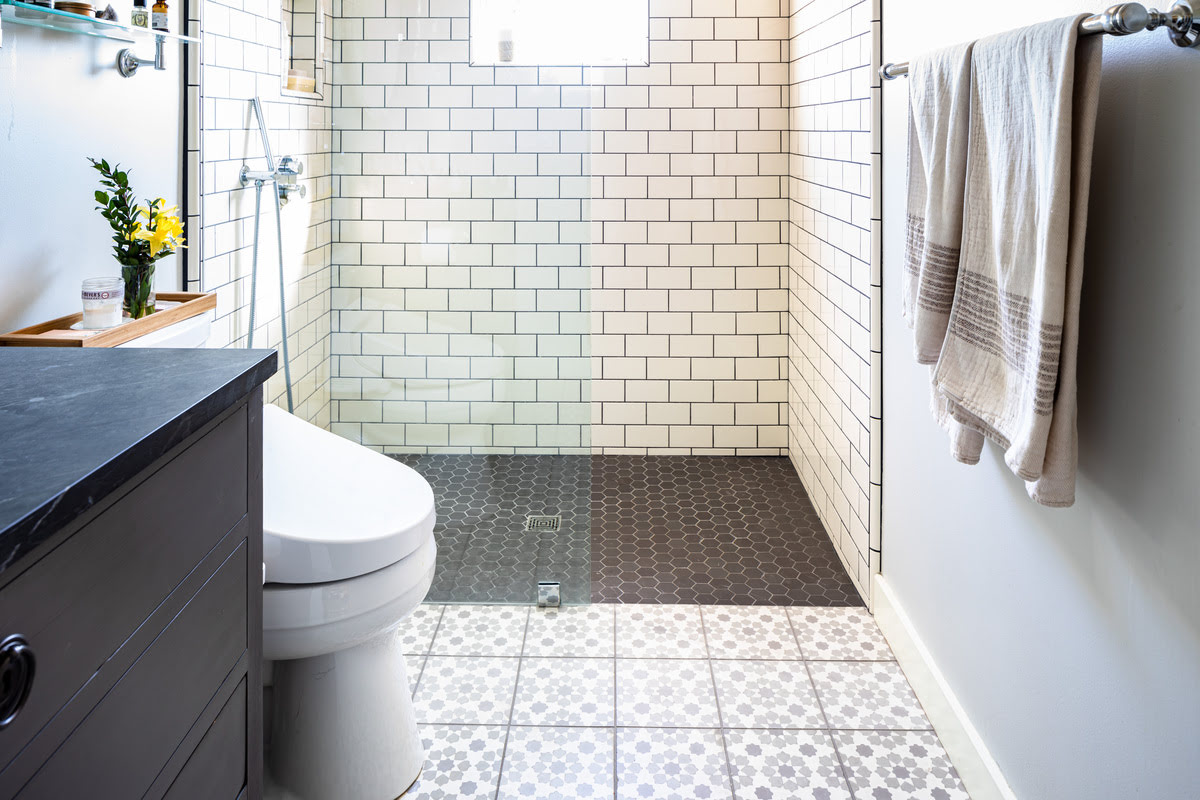

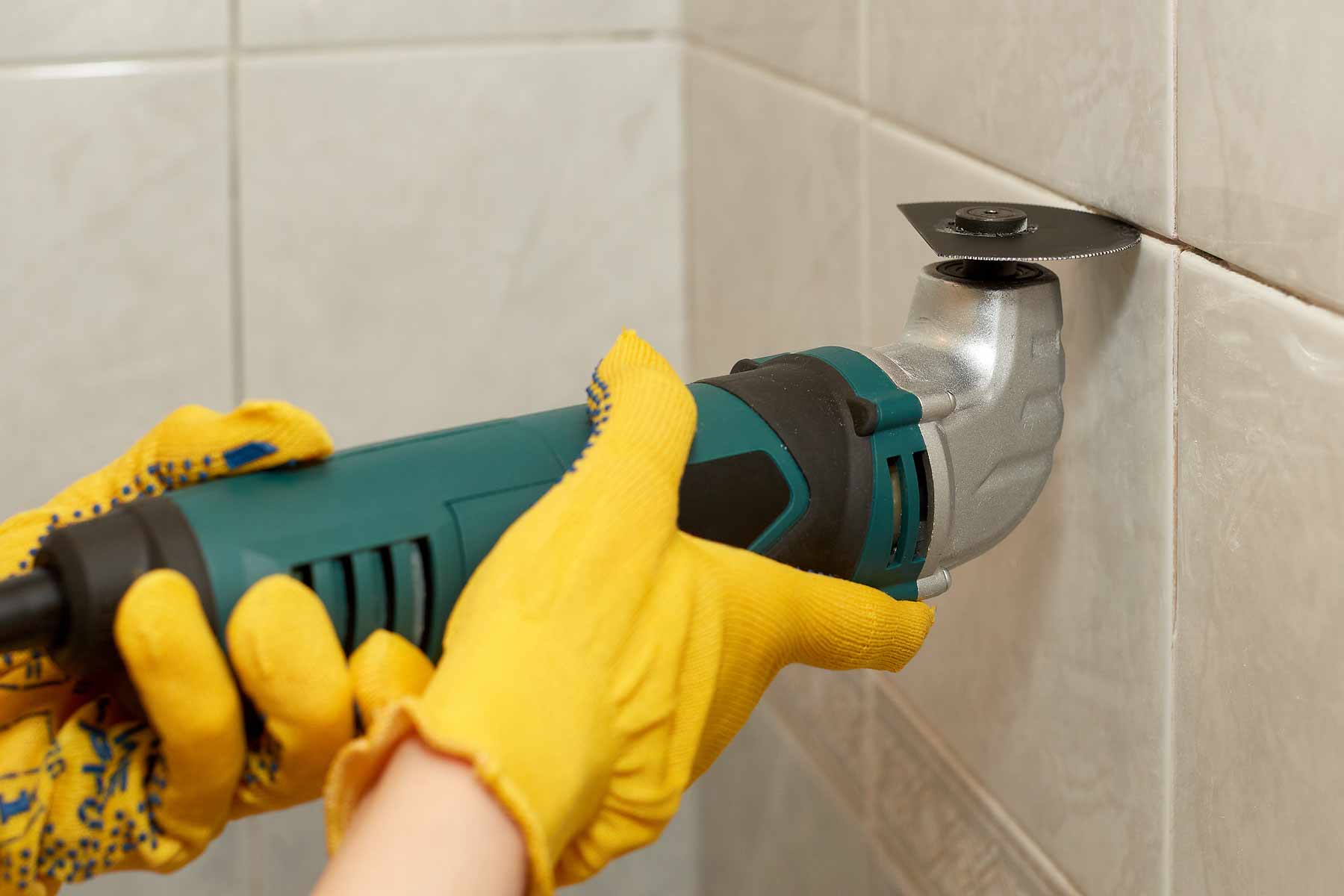
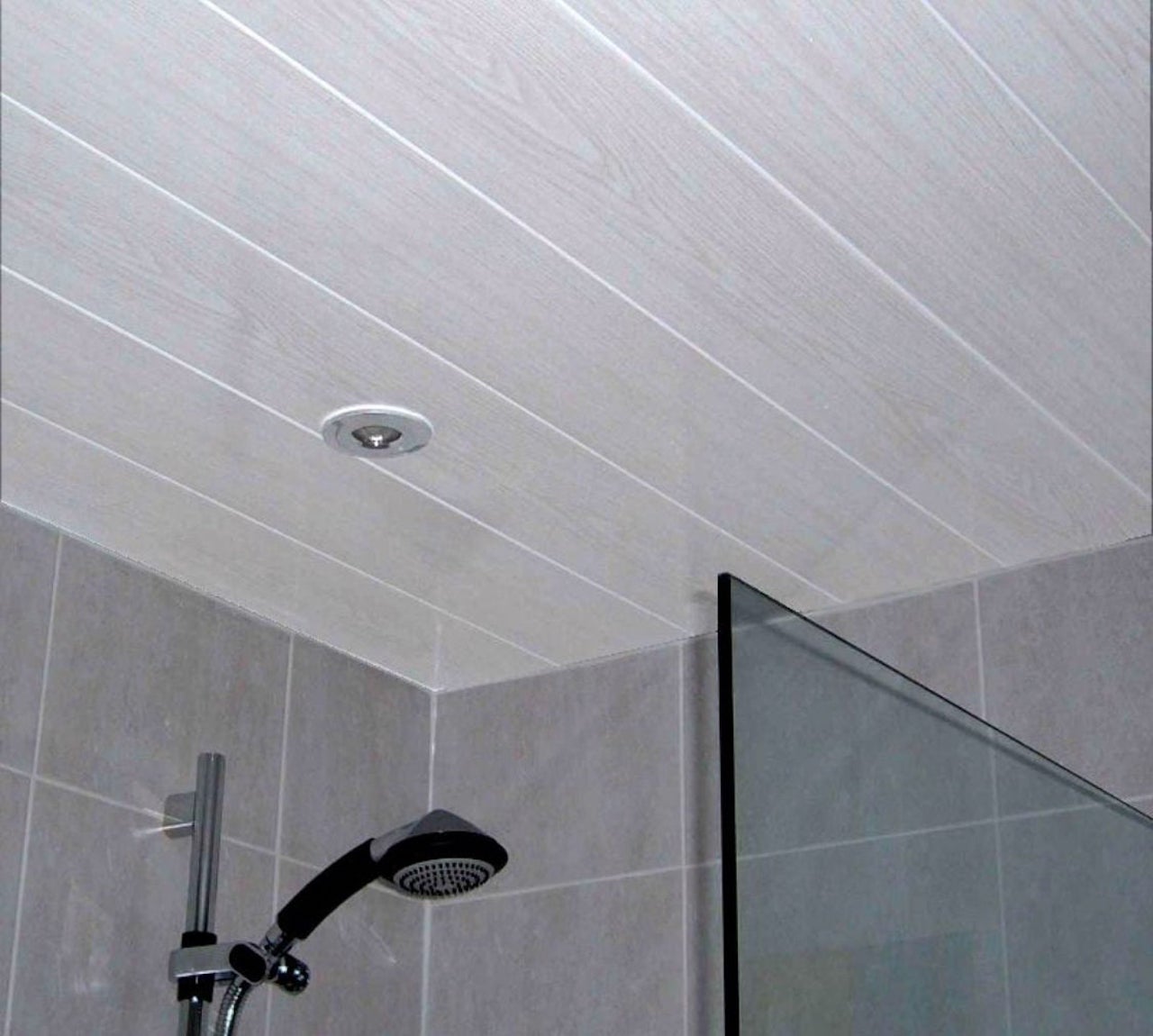
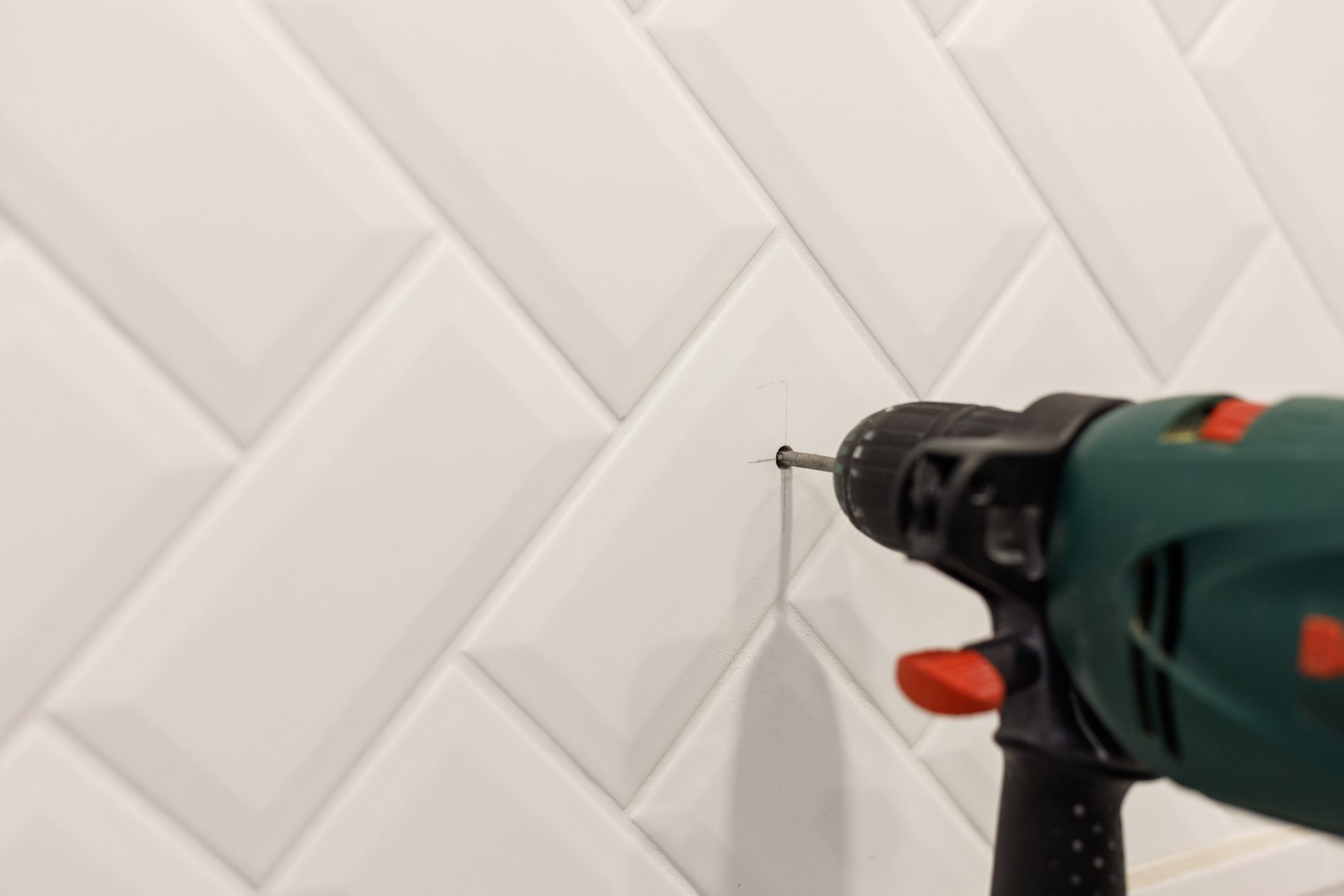
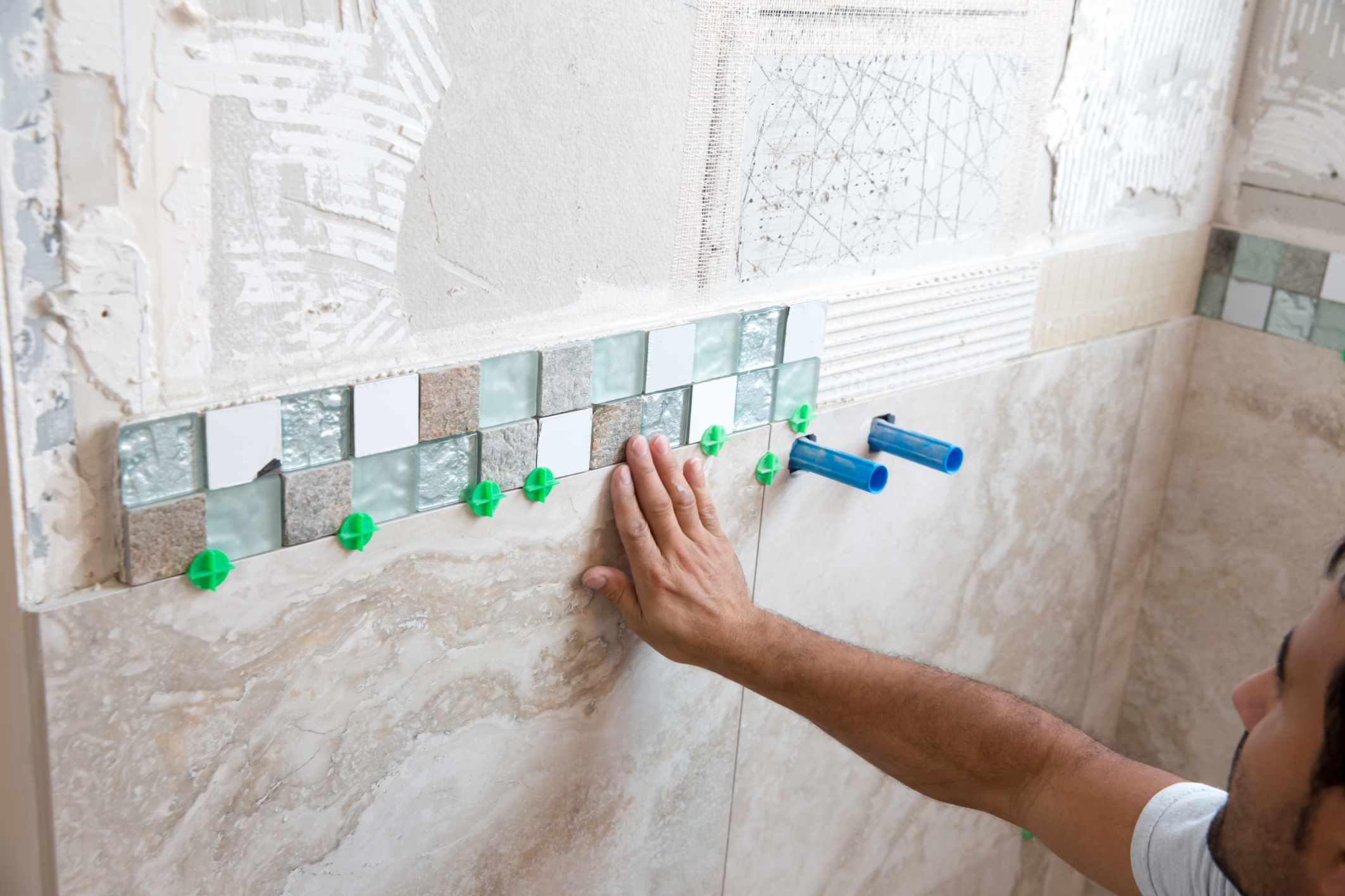
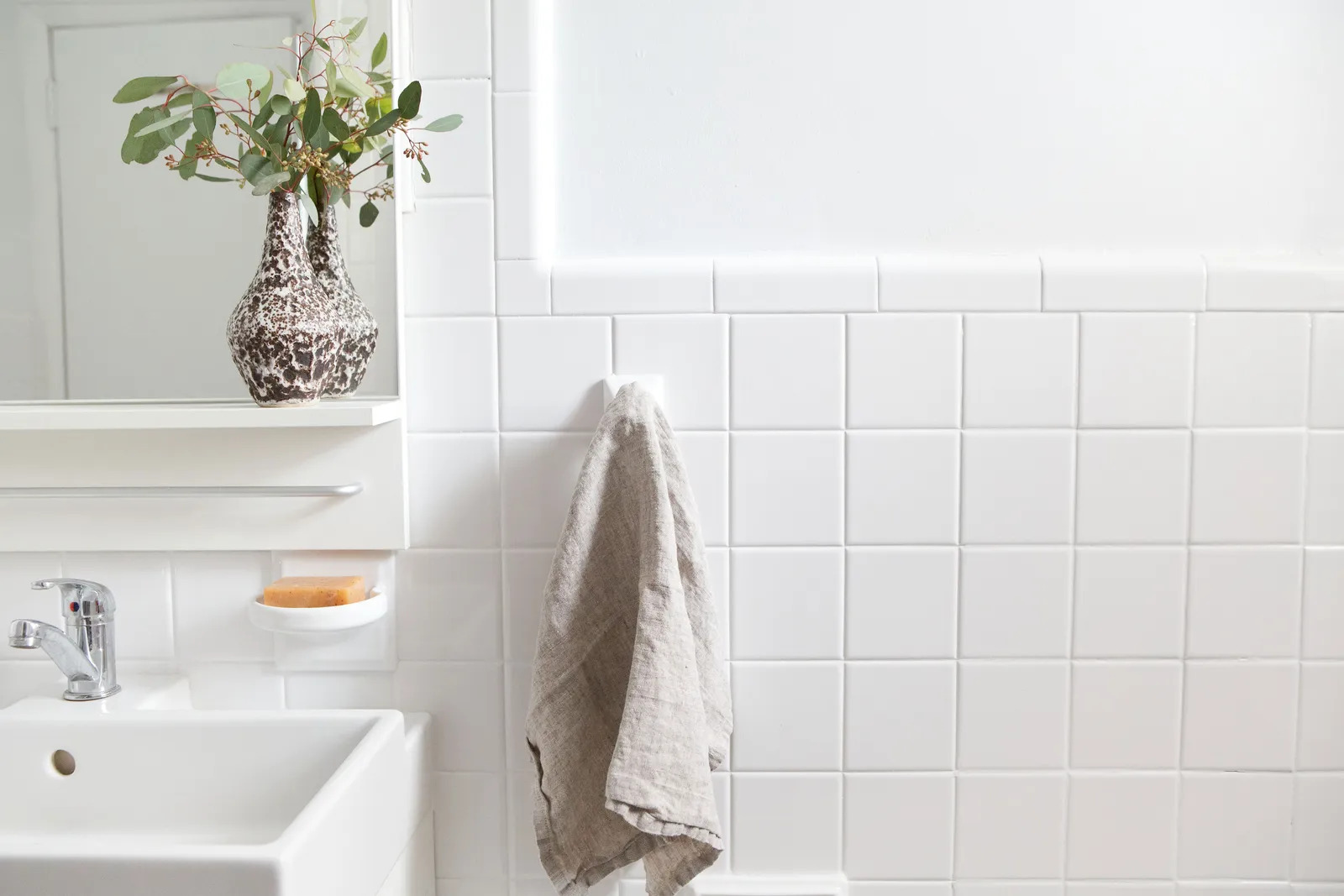
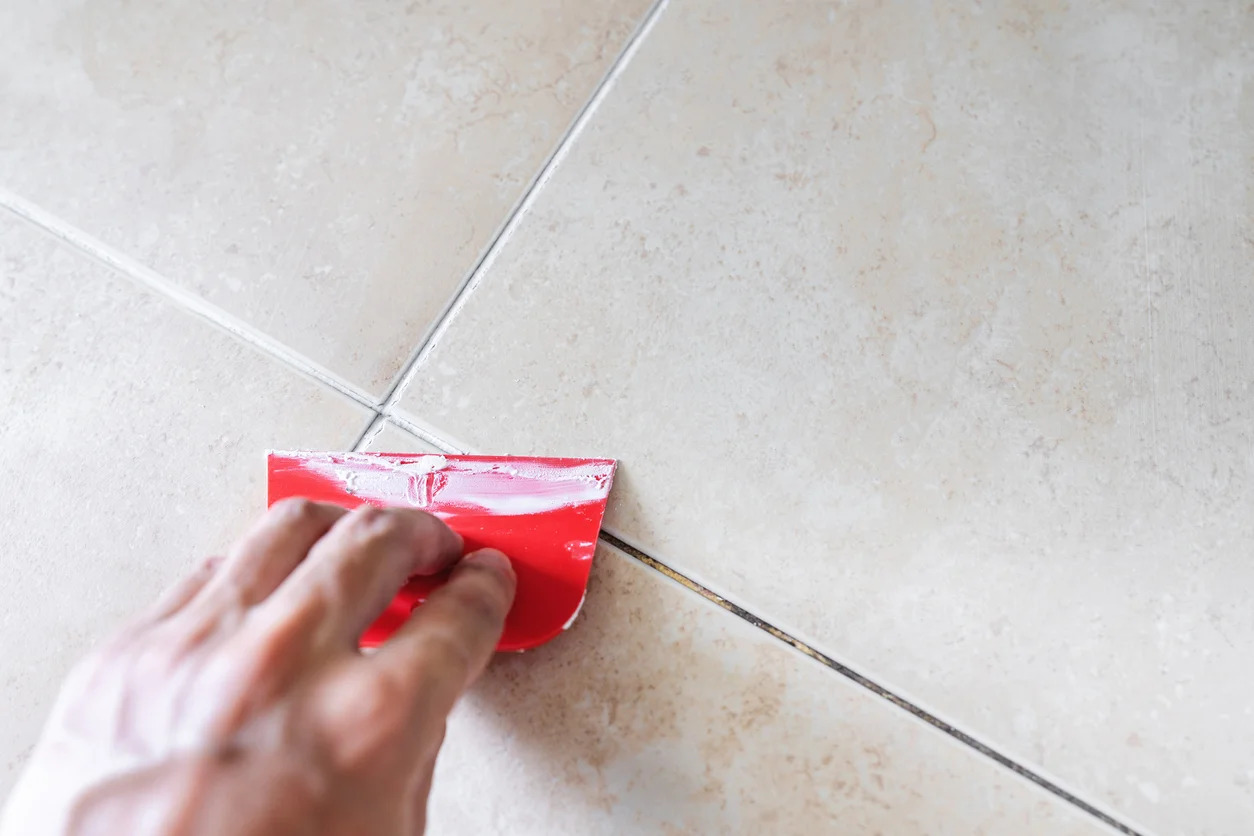

0 thoughts on “What Adhesive To Use On A Shower Tile”